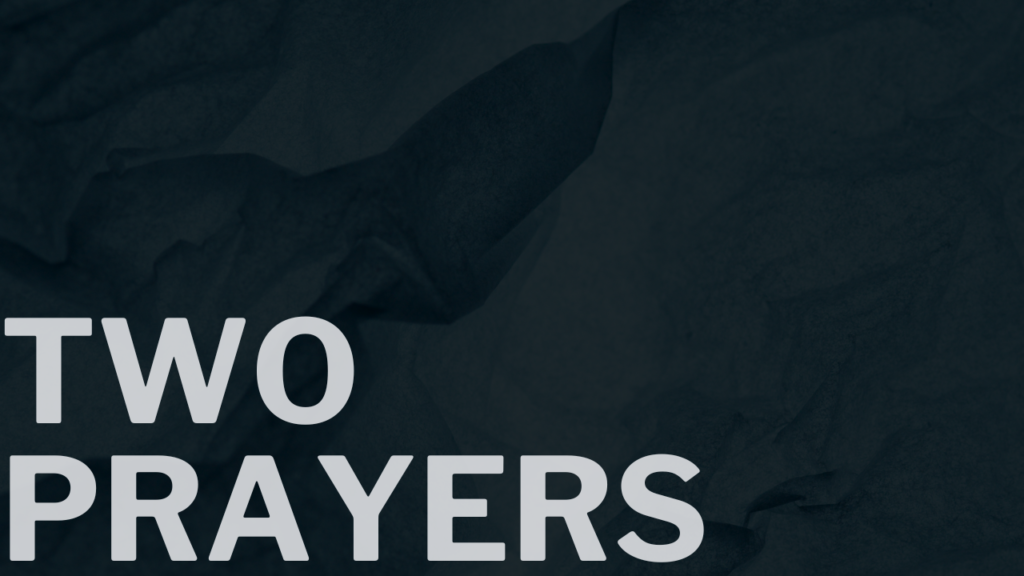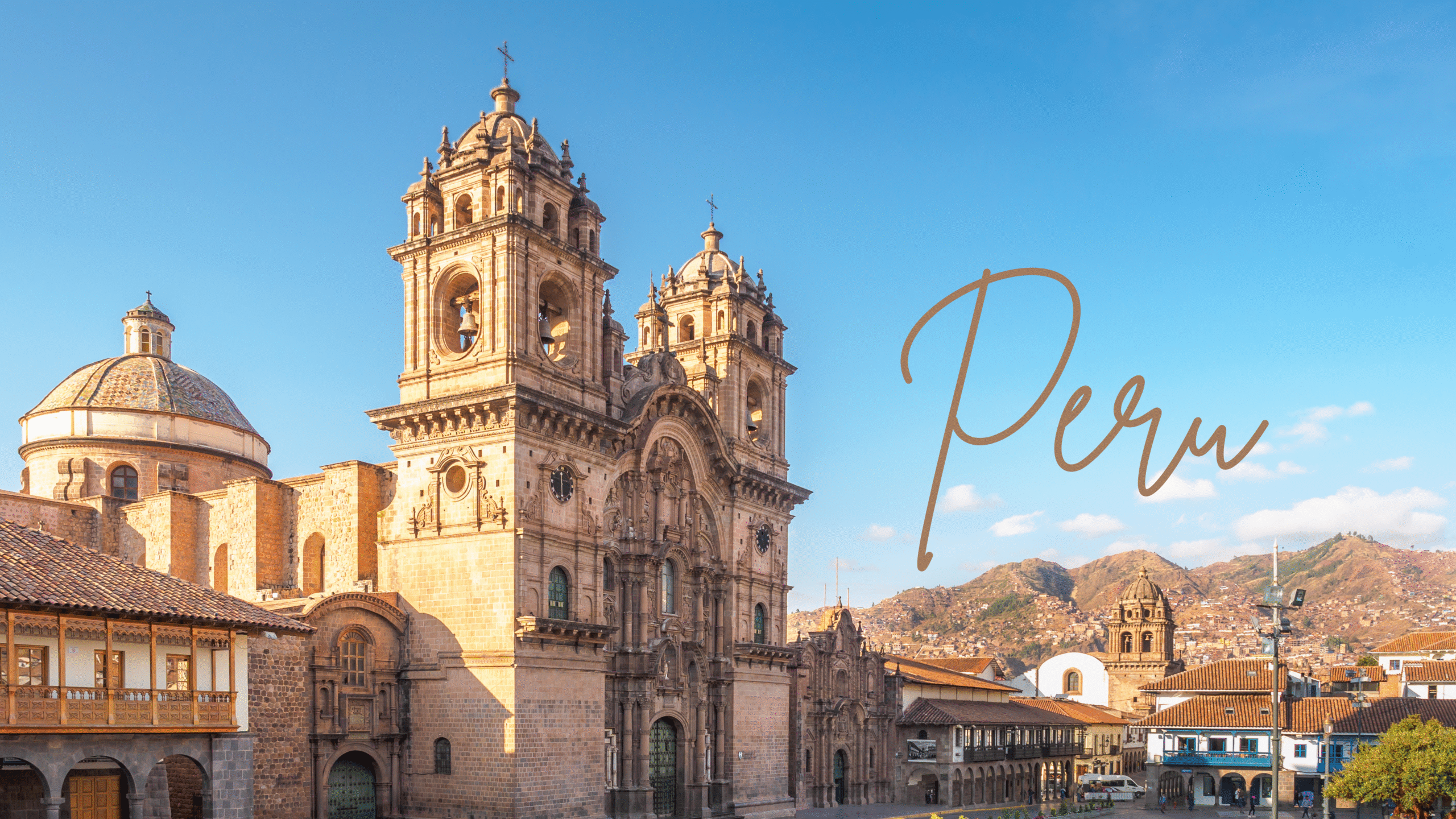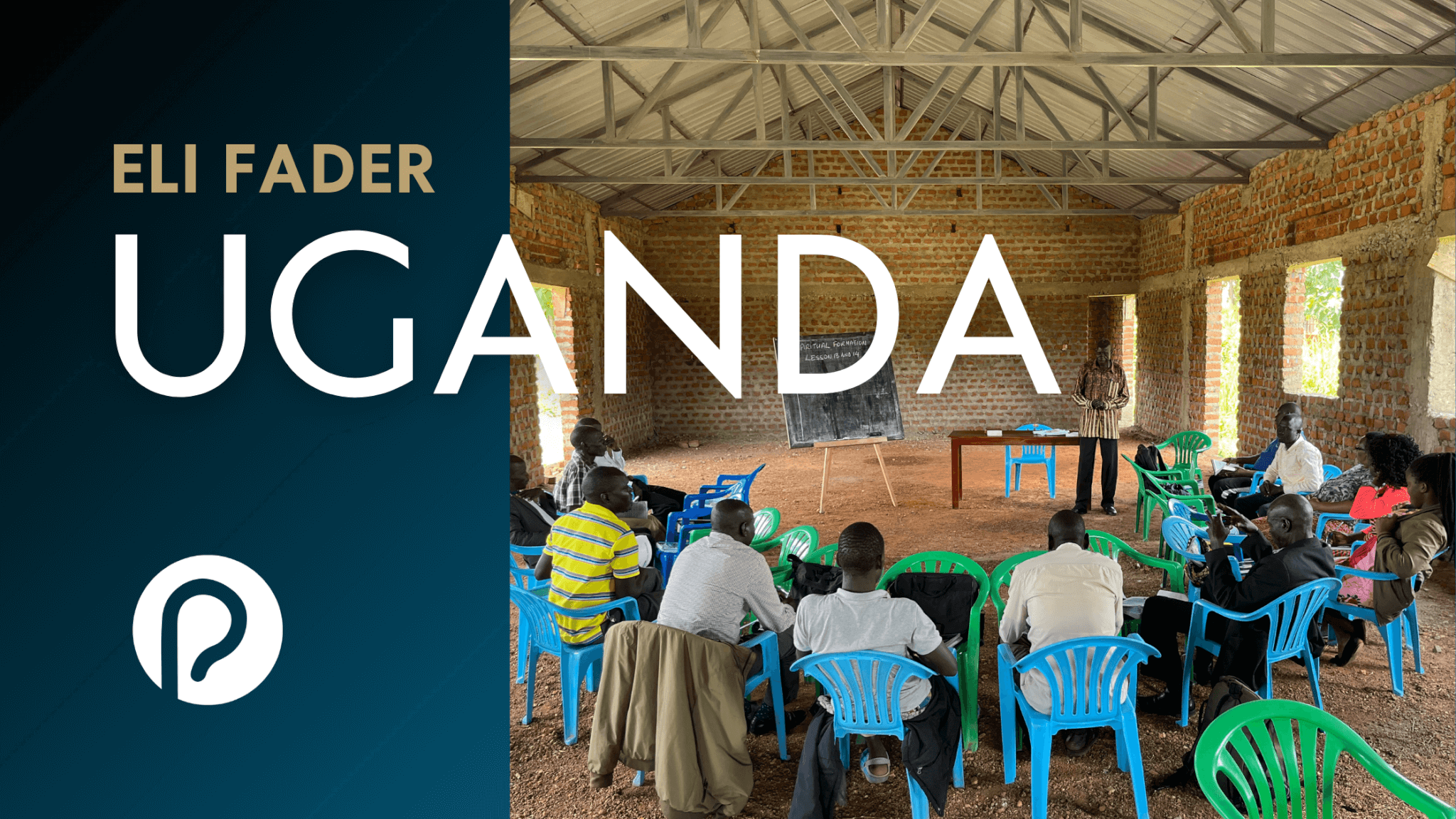A few weeks ago, someone asked me, “Why does God heal some people of cancer, but He allows others to die of the same disease?” After some thought, I was able to draw on my Bible college training to give him a scholarly answer: “I don’t know.”
Many Christians seem to know the answer. They have told me. “It is a lack of faith.” “It is a lack of prayer.” “It is a lack of revival fervor.” “It is a lack of ….”
Maybe. But I don’t know. I don’t know why Daniel was delivered from the lion’s den, while Isaiah (a man equally committed to God) was killed by Manasseh. I don’t know why Peter was delivered from Herod’s prison cell while James (a disciple as close to Jesus as Peter) was killed by Herod.
I don’t know. Not a very helpful answer! But two Old Testament stories give me peace when I don’t understand God’s ways. Two stories that take place in Dothan, the city of “two wells.”
In both cases, a man of God was in trouble. In both cases, the man of God prayed for deliverance. But there, the similarities end. The outcome of the two prayers was very different.
Exhibit A: A Man of God Prays and Hears No Answer (Gen 37-41)
From early childhood, Joseph is his father’s favorite. Jacob gives Joseph the most attention. Jacob gives Joseph the best of everything. Jacob gives Joseph a beautiful robe. You can imagine the jealousy of Joseph’s brothers. There are no warm fuzzy feelings in this family. Thanksgiving dinner is not a happy celebration!
One day, Jacob sends the teenage Joseph to check on his brothers, who are caring for the sheep near Dothan. This is their chance for revenge. They throw him into a pit. I imagine Joseph crying out to God from the pit, “God, please deliver me!” No answer. When some Midianite traders pass by, they see an opportunity to make a few bucks. They sell their brother, knowing full well that they are condemning him to a life of slavery. I imagine Joseph’s prayer as he trudges along the road to Egypt: “God, what are you doing? Please deliver me!” No answer.
In Egypt, Joseph is sold to Potiphar. When Potiphar’s wife accuses him of rape, Joseph is thrown in prison for a crime he didn’t commit. Again, I imagine his prayer: “God, you promised my great-grandfather that you would bless us. To be honest, this prison cell is a lousy blessing! You gave me a dream of power and authority. What are you doing?” No answer.
Yes, Joseph’s prayers are eventually answered. Yes, Joseph will later testify, “As for you, you meant evil against me, but God meant it for good, to bring it about that many people should be kept alive, as they are today” (Gen 50:20). But there are more than two decades between Joseph’s prayer in Dothan and God’s eventual answer. Two decades of pain and disappointment. Two decades of asking, “Why?” A man of God prays – and the answer is decades in coming.
Exhibit B: A Man of God Prays – and Sees an Immediate Answer (2 Kings 6)
Nine hundred years later. Elisha and his servant are in the town of Dothan. The king of Syria has besieged the town. Elisha’s servant is scared, “We’re gonna die!!” Or to use the biblical wording, “Alas, my master! What shall we do?”
Elisha answers, “Do not be afraid, for those who are with us are more than those who are with them.” In response to his servant’s dubious look, Elisha prays, “O Lord, please open his eyes that he may see.”
And what is the result of Elisha’s prayer? Not two decades of delay, but an immediate answer. God “opened the eyes of the young man, and he saw, and behold, the mountain was full of horses and chariots of fire all around Elisha.”
One man prays – and receives immediate deliverance. Another man prays – and waits decades for an answer. Why? Commentators have suggested good reasons for the different responses. Tim Keller explains that their needs were different. Joseph needed the experience in Egypt to shape his character; Elisha needed immediate deliverance from an enemy army. Other commentators observe God’s plan to save the children of Israel from famine through Joseph.
Honestly, I don’t know why God responded as He did. But this is the practical lesson these two stories teach me: I must trust God even when I don’t understand what He is doing.
The reasons for God’s actions may be evident in hindsight, but I may not see those reasons anytime soon. God had a plan for Joseph, but Joseph could not see that plan from his prison cell. Like Joseph, I may not see God’s plan when I’m confused by life’s circumstances. But when I cannot understand God’s plan, I can trust Him. Why? Because I know that God is good, even when life’s circumstances are bad. The prayers at Dothan teach me that I can trust God even when I must say, “I don’t know.”





